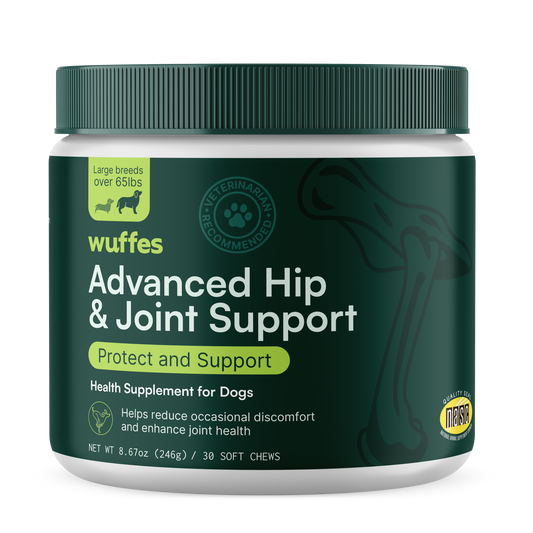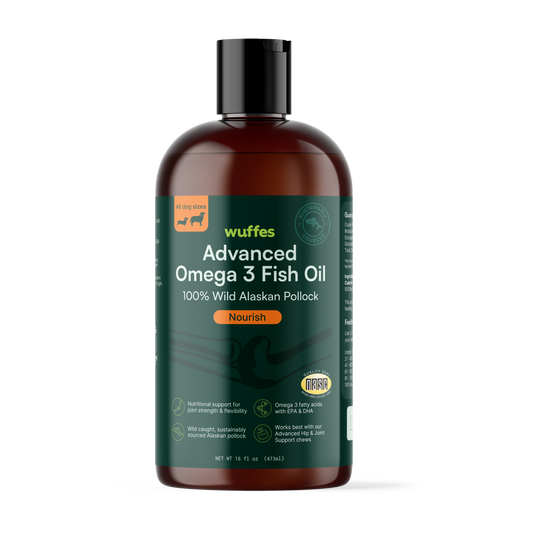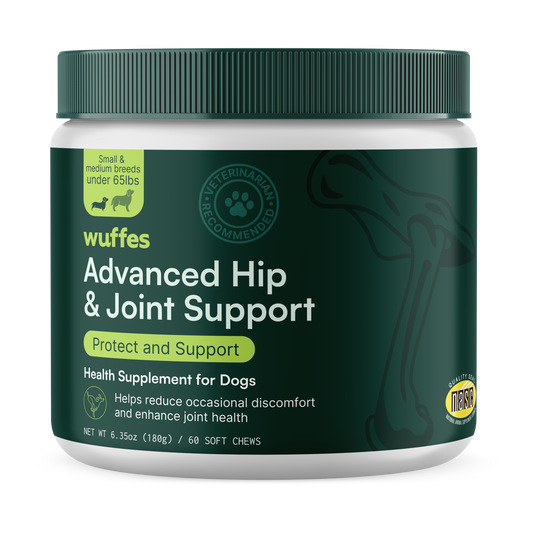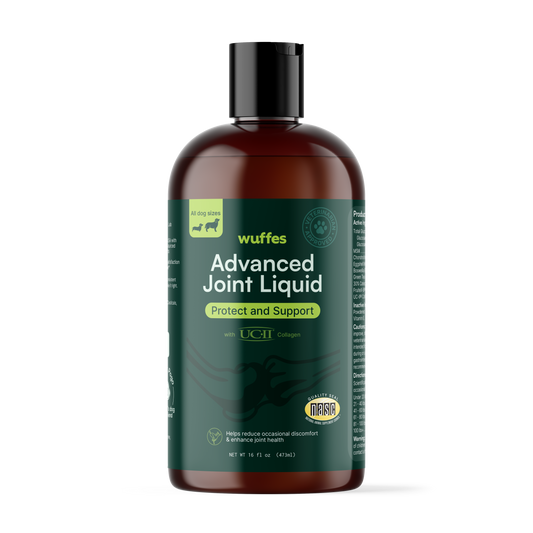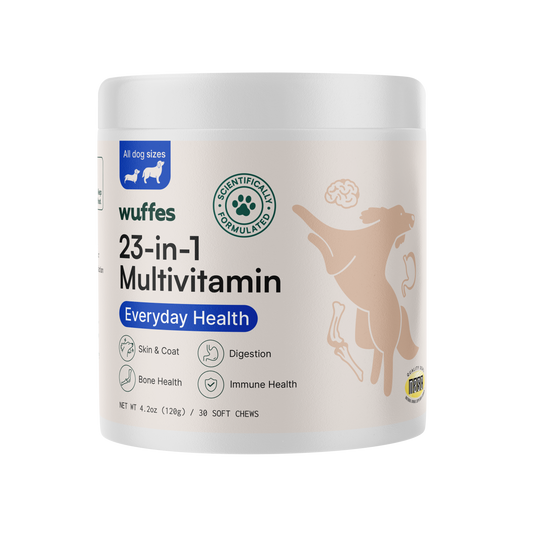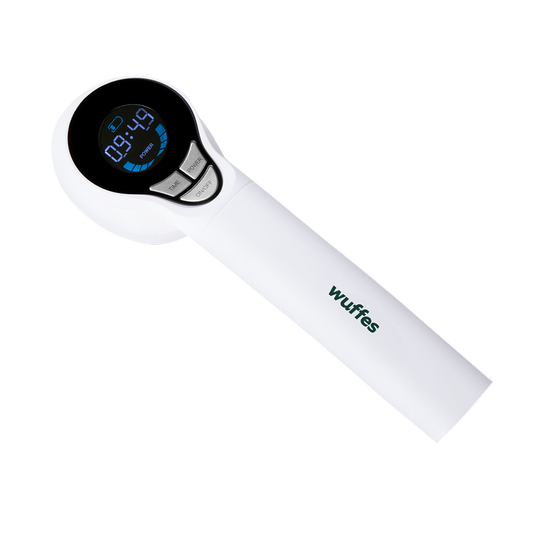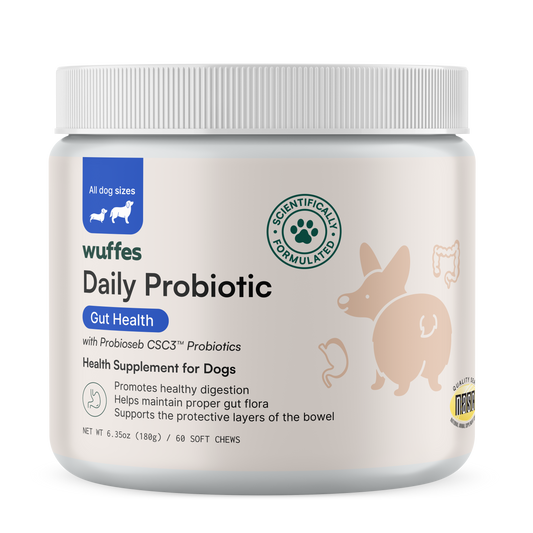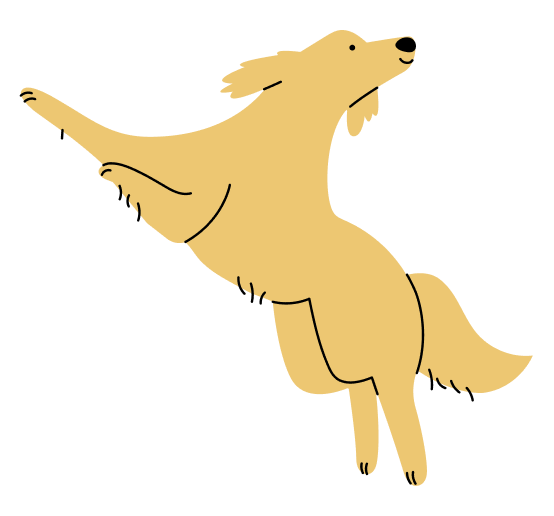Dogs require a consistent supply of essential nutrients to maintain a healthy and active lifestyle. Even a slight deficiency can leave them vulnerable to various infections and health issues. Understanding and addressing these deficiencies is crucial for all pup parents.
What are the causes of nutritional deficiencies in dogs?
- Underfeeding: One of the primary causes of nutritional deficiency is underfeeding. Dogs should typically be fed twice a day; however, larger breeds or those engaging in strenuous activities may benefit from being fed three times daily. Speak to your vet to find the perfect food quantity and timings for your pup.
- Quality of Food: The nutritional quality of dog food is essential. Always prioritize nutritional facts over brand names when selecting food for your dog.
-
Indigestion:
Poor digestion can lead to nutritional deficiencies. If food isn’t broken down properly, its nutrients cannot be absorbed, rendering even the best-quality food ineffective. To aid digestion, consider adding probiotics-based supplements to your dog's diet. Probiotics help ensure that nutrients are effectively utilized by converting them into their active forms.
What are the signs of nutritional deficiencies in dogs?
When dogs suffer from nutritional deficiencies, several signs may become apparent:
- Weakness: Dogs may lack the energy needed to perform daily activities, leading to lethargy.
- Poor Coat Condition: A dry, dull coat and increased shedding can indicate nutritional issues.
- Bowel Movement Irregularities: Nutritional deficiencies may affect stool consistency, resulting in watery or overly hard stools that can vary in color.
- Unruly Behavior: Deficiencies can impact neurological function, making it difficult for dogs to focus and learn, resulting in challenging behaviors.
What are the most common nutritional deficiencies in dogs?
-
Vitamin B12: Essential for cell development and neurological function, Vitamin B12 is often found in fish and eggs. Deficiency can lead to energy and focus issues.
-
Vitamin D3: Crucial for regulating calcium and phosphorus levels, Vitamin D3 helps support bone and joint health. It can be found in sources like liver and beef.
- Manganese: Important for converting protein and carbohydrates into energy, manganese also plays a role in boosting the immune system. Whole grains and leafy greens are good sources, but not all dogs can consume these foods regularly.
Addressing nutritional deficiencies
Given that many foods rich in these essential nutrients may not be compatible with all dog breeds or cannot be fed daily, incorporating multivitamins into your dog's routine is highly beneficial. Our multivitamin contains Vitamin A, Vitamin E and Iron, ensuring your dog receives a well-rounded intake of essential nutrients.
Additionally, supplementing with Wild Alaskan Fish Oil can provide essential Omega-3 fatty acids, which support skin health, joint nutrition, and overall well-being.
Feeding your dog isn’t just about quantity; it's about quality. By being mindful of their nutritional needs and providing the right supplements, you can help ensure your furry friend leads a healthy and happy life.

